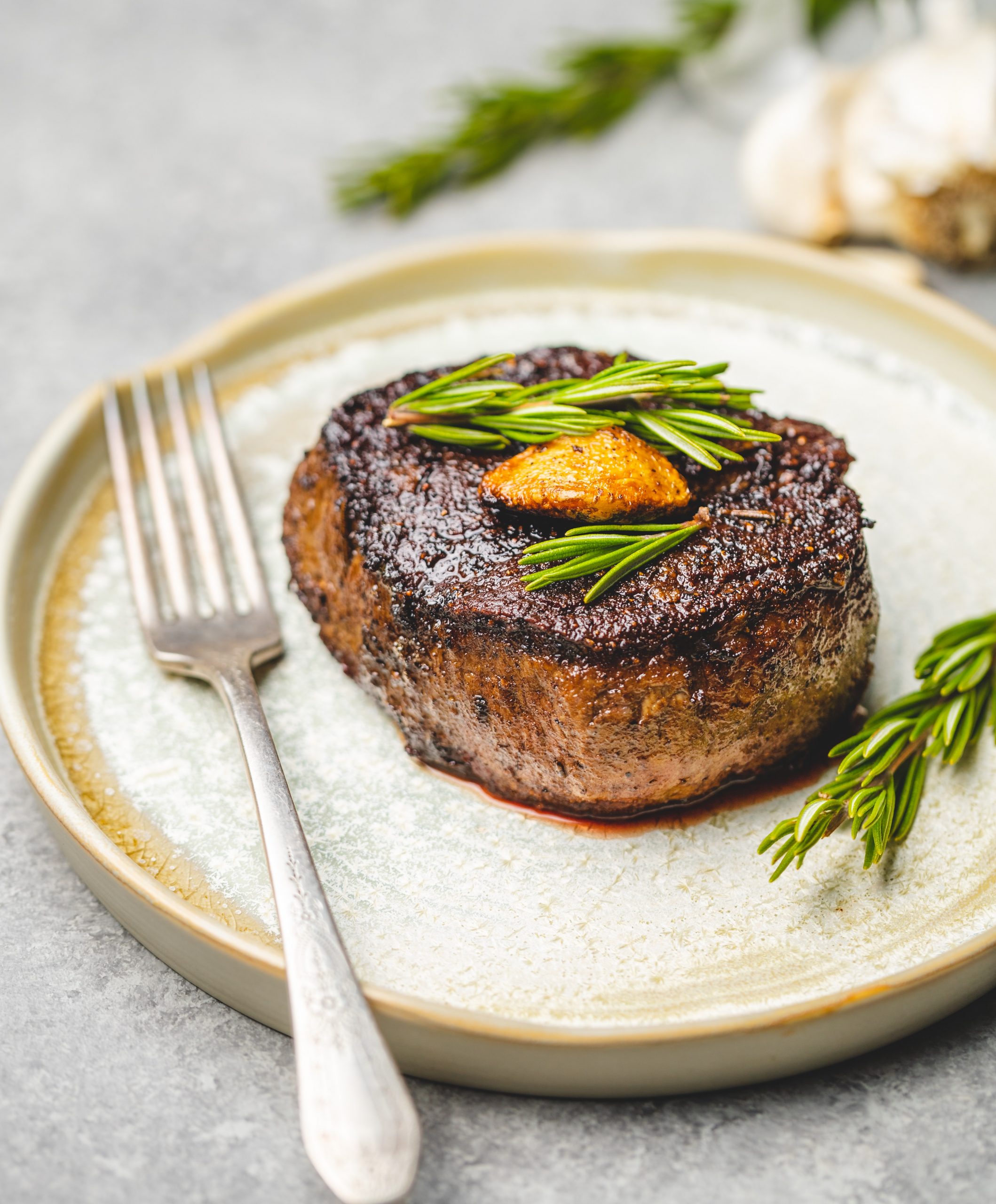We’re often told about all the vitamins and minerals we should be getting enough of, without being told what they are or what they’re for. Zinc is one that comes up quite often, especially in terms of supplements. Today we’re talking about why it’s good for you, what foods you can find it in and answering the question: What is zinc?
What is Zinc and Why is it Important?
It is an essential mineral that performs numerous functions in the body. It plays important roles in enzyme function, brain function and immunity. You need to consume zinc in your diet regularly to maintain optimal levels. Some signs and symptoms of a deficiency include unexplained weight loss, poor wound healing, changes to taste and smell, loss of appetite, diarrhoea, eye problems, irritability, hair loss and changes in nail health.
Zinc deficiencies are common in Australia. The people who are most at-risk for deficiency are people who are vegan or vegetarian, people on restrictive diets and people who have gut issues that may be impacting nutrient absorption. Some athletes may also have higher requirements because of how much they lose through sweat.
How much do I need?
It is recommended that men get 11 mg of zinc per day, and women get 8 mg. This would increase to 11-12 mg for women who are pregnant or breastfeeding.
The health benefits
The key areas where zinc plays an essential role are immune function and wound healing.
Deficiencies are linked to suppressed immune function, which is what makes it such a popular supplement during cold and flu season. Key markers of low immune function have been shown to improve with supplementation.
When it comes to wound healing, zinc helps to maintain the integrity of the skin and has been found to be effective in the treatment of chronic lower leg ulcers in hospital settings. It helps to clot blood to help the healing of every day cuts and scrapes.
Some new research has also suggested that insulin sensitivity and testosterone production can be affected by low levels, and have become common reasons to turn to supplements.
Do I need to take a zinc supplement?
The benefits of taking a supplement depend on your zinc status. If you have adequate levels, you are unlikely to see any significant extra benefits, and will probably just excrete what you supplemented. For athletes, however, zinc is often recommended because of how much of it is lost through sweating, but this should be discussed with a Sports Dietitian. At the first signs of a common cold, supplements appear to have a potential benefit in reducing the duration and severity of the illness.
With any supplement, it is always best to seek individual advice from a registered dietitian and your healthcare team to assess if this is a necessary or useful option for you. Too much can result in zinc toxicity, which is why high dose supplements are not recommended long-term. It’s important to speak with your dietitian and/or GP before commencing supplements.
What foods are high in zinc?
The good news is that you can get plenty through your food, and we always recommend looking at diet before considering supplements. Foods high in zinc include:
- Meat, especially red meat
- Shellfish, especially oysters and mussels
- Pumpkin seeds
- Pine nuts
- Almonds
- Cashews
- Cheese
- Milk
- Eggs
Follow us on Instagram for all the information you need about all the nutrients you need! And if you’re not sure what you need to feel and perform at your best, book a consultation with one of our expert dietitians.



